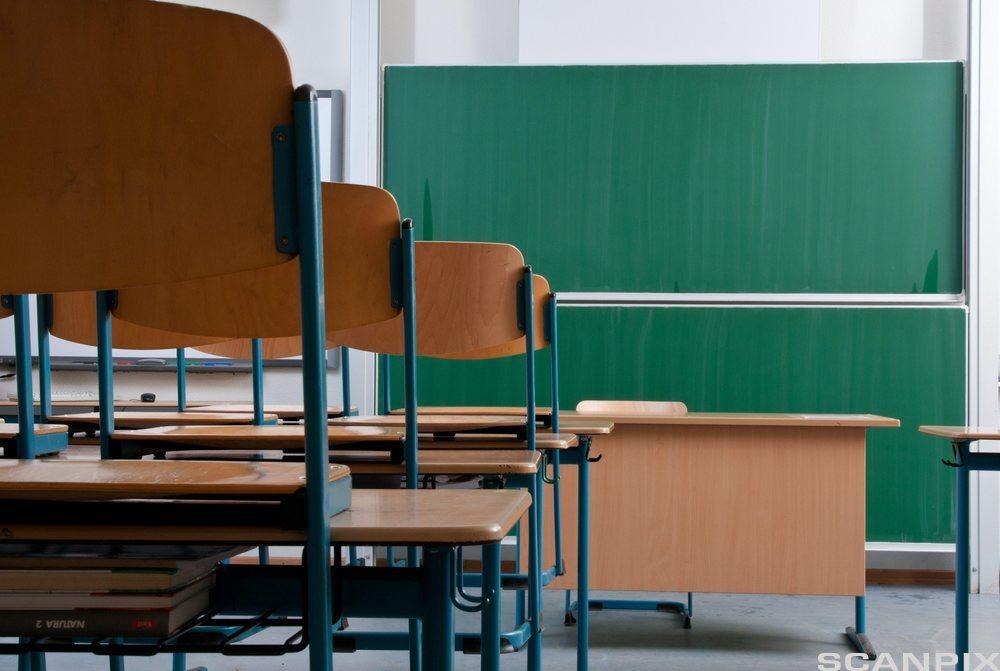Easy Text: American Education

Before beginning school, many children go to daycare or pre-school. These programs focus mostly on play and the development of social skills and also introduce the children to the world of education. They begin with learning the alphabet and counting numbers as early as age 3. At the age of five, most children go to kindergarten, where they spend a year before they start the first of twelve grades. Kindergarten is obligatory in most states. Students go to elementary school for five or six years (grades one to five/six). After this they move on to a secondary level of school with grades six/seven to twelve.
The secondary level is often divided into junior high (grades six/seven to eight/nine) and senior high school (grades nine/ten to twelve). In the last four years of high school the students are named according to grade. A ninth-grader is called a freshman, a tenth-grader is a sophomore, an eleventh-grader is a junior, and in the final year, they are seniors (the same terms are used in the first four years of university or college).
Unlike Norwegian schools, the US public schools have no national curriculum. American schools enjoy great freedom when it comes to school planning, and the students are free to choose between a large selection of subjects. In most high schools, the students can choose between courses offered in three levels, depending on ability and interest. These courses are academic, vocational and general.
Academic courses are for the students planning on going to higher education (college/university). Vocational courses offer studies in car mechanics, hair-styling or other trades. A school's general program may combine features of both types of courses for students who want the benefits of a practical education and a high school diploma.
Whatever your level, there are some common core subjects that are compulsory in all schools, both public and private. In secondary school, some of these subjects are English, mathematics, science (biology, chemistry and physics), social studies and physical education. In addition to compulsory subjects, most schools offer a wide range of elective courses, such as foreign language learning and studies in arts, music and drama. Each student therefore has his or her own tailored schedule.
Tasks and Activities
Discuss
- Why do you think school buses are painted bright yellow?
- How do you get to and from school?
- A large proportion of American children are transported to school by special school buses. Do you think this is a good arrangement? Advantages/disadvantages?
Writing
- Write a short story titled, "The School Bus".
- Find a high school in the USA that you would like to visit/attend. Perhaps you are interested in being an exchange student for a year. Write a formal letter requesting more information (school brochure, application form, etc.). Include the following information about yourself:
- age
- where you come from
- your education
- interests/hobbies
- why you are interested in this high school
- what type of course you would be interested in (academic/vocational)